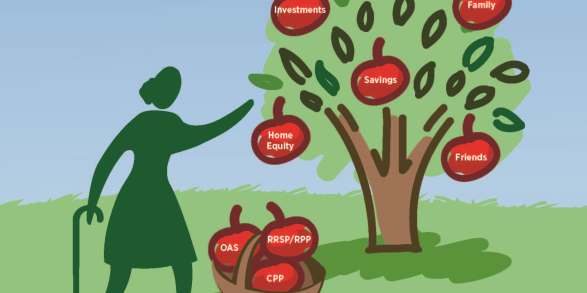As Canada's finance ministers meet to discuss the Canada Pension Plan, the debate has thus far been insulated from international pension models and limited to whether or not we should expand the CPP.
pension
In 2012, the federal government shocked many Canadians by announcing an important change in the cherished Old Age Security (OAS) program, one of three key income programs for seniors. The reform, which was implemented in the 2013 budget, increases the age of eligibility for OAS to 67 from 65 beginning in 2023 with full implementation achieved in 2029. While the reform is a positive first step given the aging of Canadians, more is needed.
The May 2 minority Liberal budget is a politically expedient document that likely avoids an election but unfortunately fails to tackle Ontario's looming fiscal crisis. The longer the province waits, the more difficult and painful the reforms will be when the inevitable day of reckoning arrives.
When Alberta Premier Alison Redford took to the television screen the other night, she paid much attention to the revenue side of the government's books. On Alberta's massive budget deficit, the premier blamed the below-world price that Alberta-based companies receive for oil.
The recent Canadian federal election campaign saw a number of arguments raised both for and against expanding the Canada Pension Plan (CPP). This debate is an important one for Canadians, since it affects their disposable income both during their working lives and in retirement.

